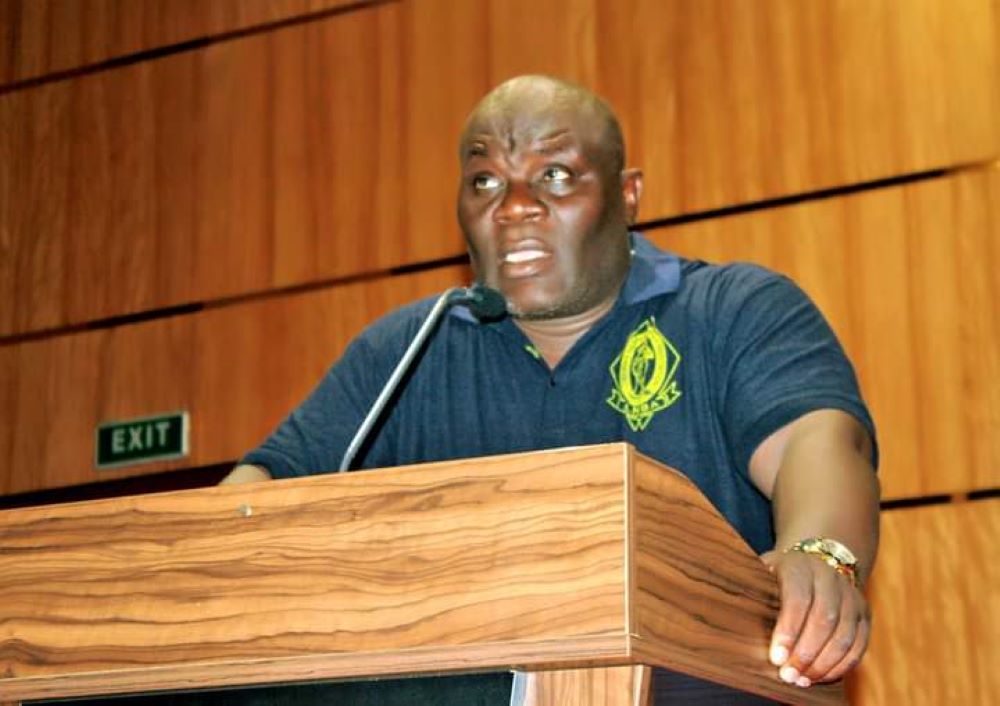The Liberia National Bar Association (LNBA) has voiced its concerns regarding the government’s non-compliance with the Financial Autonomy Act of 2006, which has resulted in inadequate funding for the Judiciary. LNBA President Cllr. Sylvester D. Rennie articulated these concerns during the official opening of the Supreme Court of Liberia. He emphasized the critical role of the Judiciary in ensuring that citizens have access to justice, noting that a lack of legal representation due to budget constraints severely undermines this principle. When individuals cannot receive necessary legal assistance, the core function of the courts—to provide relief—becomes compromised.
Cllr. Rennie underscored the necessity for the government to honor the provisions set forth in the Financial Autonomy Act. He argued that the Legislative and Executive branches have often overlooked its stipulations, leading to insufficient allocations for the Judiciary during budget discussions. This failure to allocate adequate resources effectively sidelines the Judiciary, which is distinct from other governmental branches that play a more direct role in budget preparation and approval. As a result, the Judiciary’s requests for budget needs are frequently ignored or assigned arbitrary figures that do not reflect its actual operational requirements.
The implications of this budgeting issue are substantial, as Cllr. Rennie indicated that the actions of the Legislative and Executive branches may reflect a lack of respect for the Judicial branch. He called for a more collaborative approach to budgeting, suggesting that all three government branches engage in dialogue to amend this ongoing issue instead of allowing it to escalate into public disputes. This cooperative strategy is essential not only for financial stability but also for reinforcing the principle of checks and balances within the government structure.
To facilitate better understanding and cooperation, the LNBA endorsed the Chief Justice’s proposal for a joint consultative meeting on the 2025 budget calendar among the three branches of government. Such a meeting would promote transparency and allow for a collective determination of financial needs, ultimately leading to an agreement that complies with the established laws governing the jurisdiction. Rennie’s call for this meeting reflects a proactive approach to governance and fiscal responsibility that could enhance overall judicial efficiency and effectiveness.
The urgency of the situation is further compounded by the necessity for the Judiciary to operate effectively within a fair funding framework. Without sufficient financial resources, courts may struggle to provide timely and adequate legal services, hindering individuals’ access to justice. In summary, the LNBA is not only advocating for adherence to the Financial Autonomy Act but also emphasizing the broader implications of budgetary constraints on the rule of law in Liberia.
In conclusion, the ongoing dialogue between the LNBA and the Supreme Court underscores the crucial need for inter-branch cooperation to uphold judicial independence and promote equitable access to justice. As discussions progress, it remains vital for all stakeholders to prioritize a system that respects the autonomy of the Judiciary while ensuring that citizens’ rights are protected through robust legal representation. By fostering an environment of collaboration, the branches of government can work toward a judicial system that is adequately funded and equipped to serve the needs of the populace effectively.














